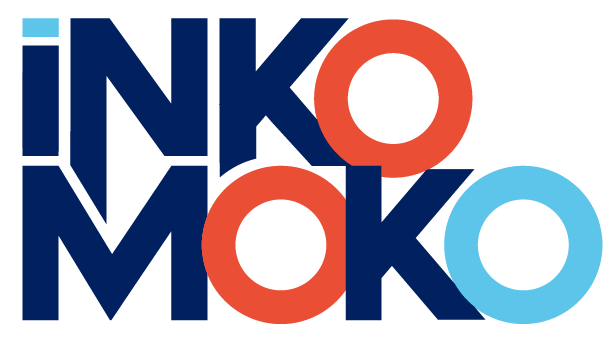Scaling Responsibly in Fragile Markets: A Path for New Entrants
By Lilliane Rumanyika Rumanyika, Chief Financial Officer, Inkomoko.
The Financial Times recently recognized Inkomoko as the 8th fastest-growing company in Africa. However, for us, growth isn’t the ultimate goal. As forced displacement around the world rises and global aid dwindles, scale must become a responsibility, not a race. This means mobilizing private-sector investment and advocating for inclusive policies that expand access to financing and unlock the potential of forcibly displaced persons, especially women and youth, to create their own solutions to their community’s most pressing problems.
Across Africa, the 44 million forcibly displaced individuals form a powerful workforce, consumer base, and pool of entrepreneurial talent, with a combined spending power estimated at 82 billion dollars*.
Too often, forcibly displaced people are framed as “high-risk.” However, what is risky is excluding entire communities from economic design. What is also risky is mistaking proximity to poverty or conflict as a humanitarian burden rather than the beginning of a new kind of economy.
The opportunity we are missing
Investability is not a matter of geography. It’s a matter of design. If systems are built to meet communities where they are — with flexible repayment terms, local support, and relevant training — then returns follow. The data bears us out: in 2024, Inkomoko surpassed 100,000 clients served across East Africa, the majority of whom are forcibly displaced persons. Our repayment rates exceed 90% — outperforming many commercial banks in “safer” markets.
Smart investment in these contexts isn’t about playing it safe. It’s about catalyzing transformation at three levels:
- Economic Mobility: A $5000 loan and targeted training can mean two new jobs, a stable household, and reinvestment into the community.
- Social Cohesion: Every thriving business fosters connection and cooperation between host and refugee communities, strengthening social bonds and promoting peaceful coexistence. In places like Kakuma or Jijiga, the success of one bakery or vegetable plot becomes a shared story, building trust, interdependence, and a more united community.
- Self-Sufficiency: We don’t measure success by the number of investments we disburse but by how many clients no longer need us. In a sector still too reliant on handouts, entrepreneurship is the ultimate exit strategy — away from dependence toward autonomy.
These principles shape how we design and measure our work. And they’ve led to outcomes that challenge the prevailing assumptions about risk and return in displacement-affected communities.
The Recognition We’re Really Working Toward
As conflict, climate change, and economic inequality continue to displace millions, the need for new models of inclusion is more urgent than ever. Inkomoko’s work demonstrates that supporting displaced entrepreneurs is not charity — it’s a proven strategy for driving local economic growth, strengthening community resilience, and contributing to long-term stability. This recognition from the Financial Times is an honor, but the real measure of our success will be how many others join us in this work.
To donors, investors, and policymakers still hesitant about these markets, we invite you to visit, talk to our clients, and walk their neighborhoods. You’ll see that these are not fragile communities; they are formidable economies in waiting, and there is nothing marginal about this opportunity. Backing refugees and host communities is not just the right thing to do; it is a clear economic imperative. With 22 million forcibly displaced people ready to work and over 82 billion dollars in spending power, the question is not whether we can afford to invest but whether we can afford not to.
Lillian Rumanyika is the Chief Financial Officer at Inkomoko, a leading social enterprise that works to expand economic opportunities for entrepreneurs in underserved communities across East Africa, with a particular focus on refugees and displaced populations.









